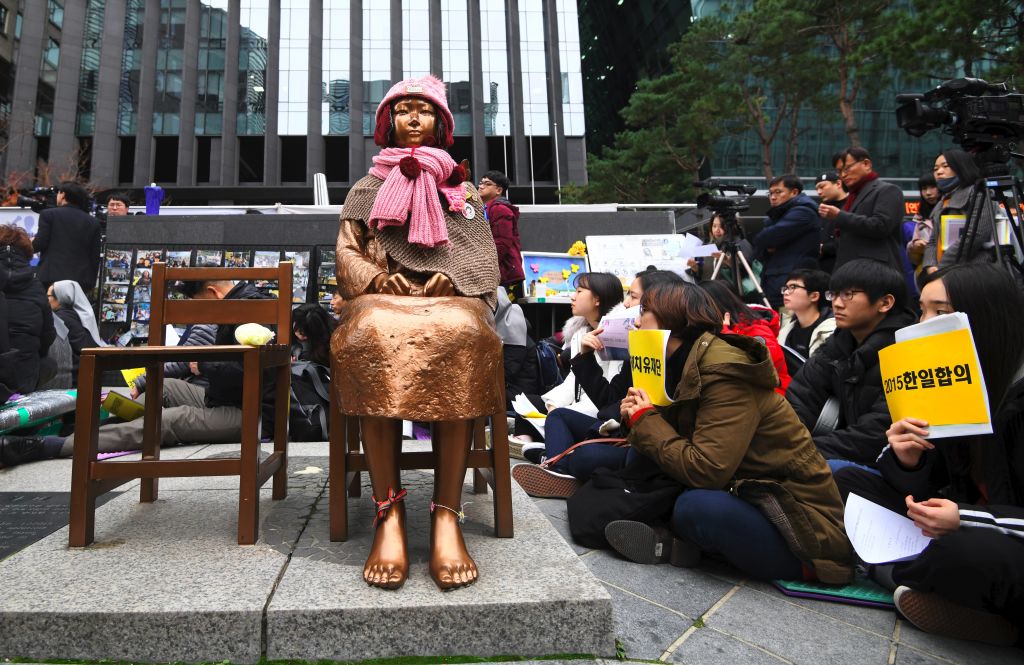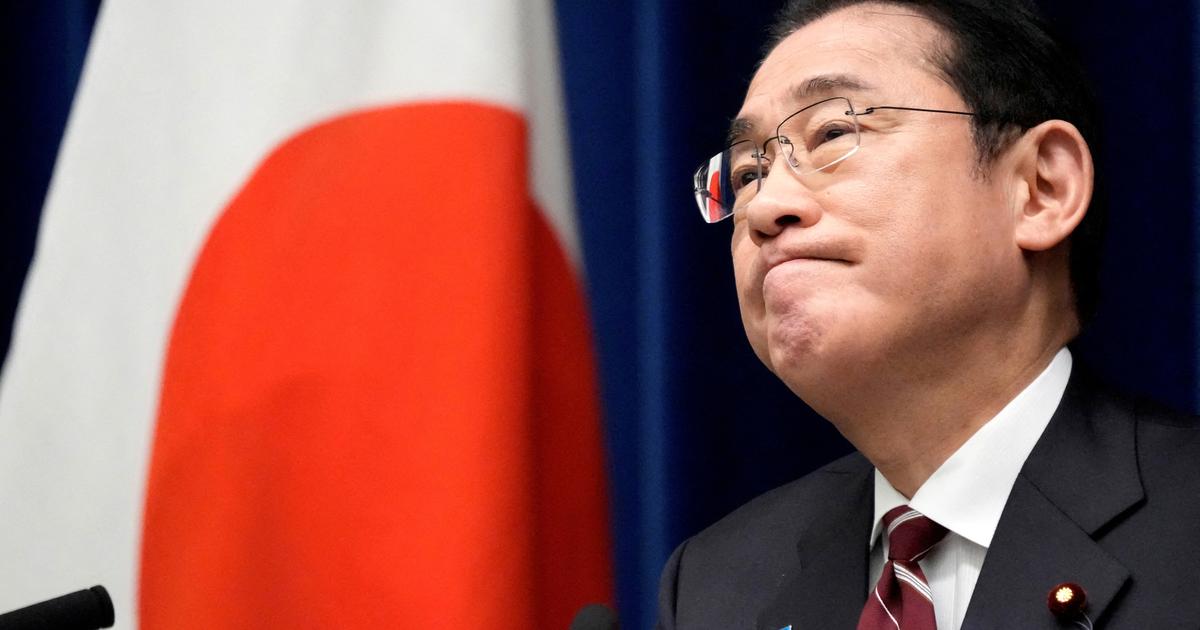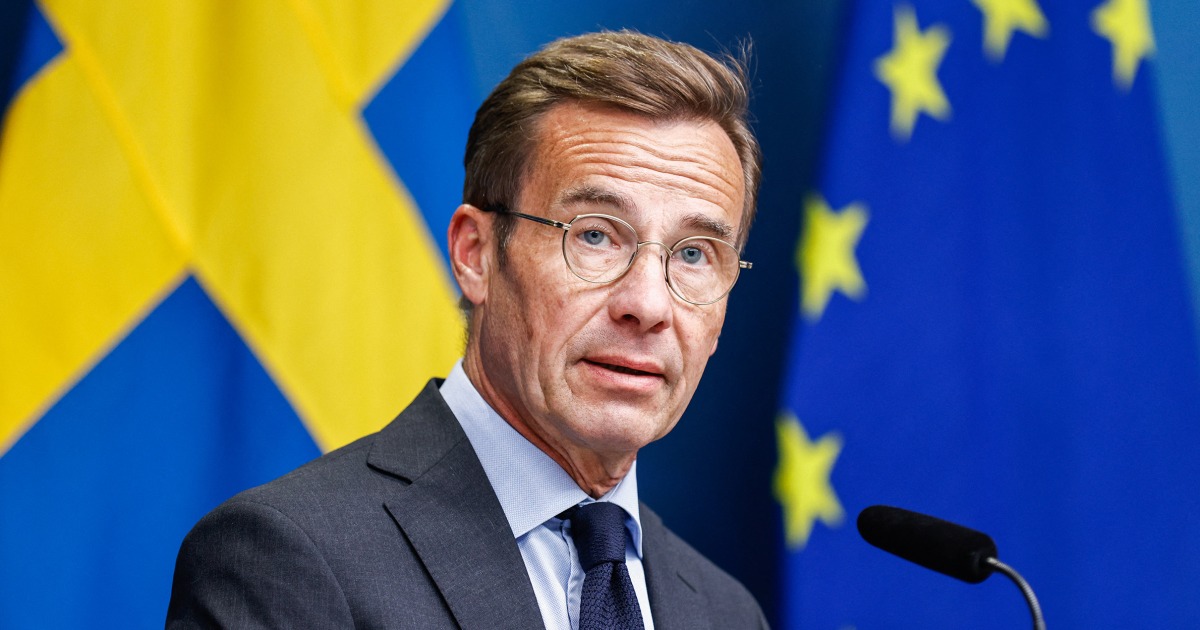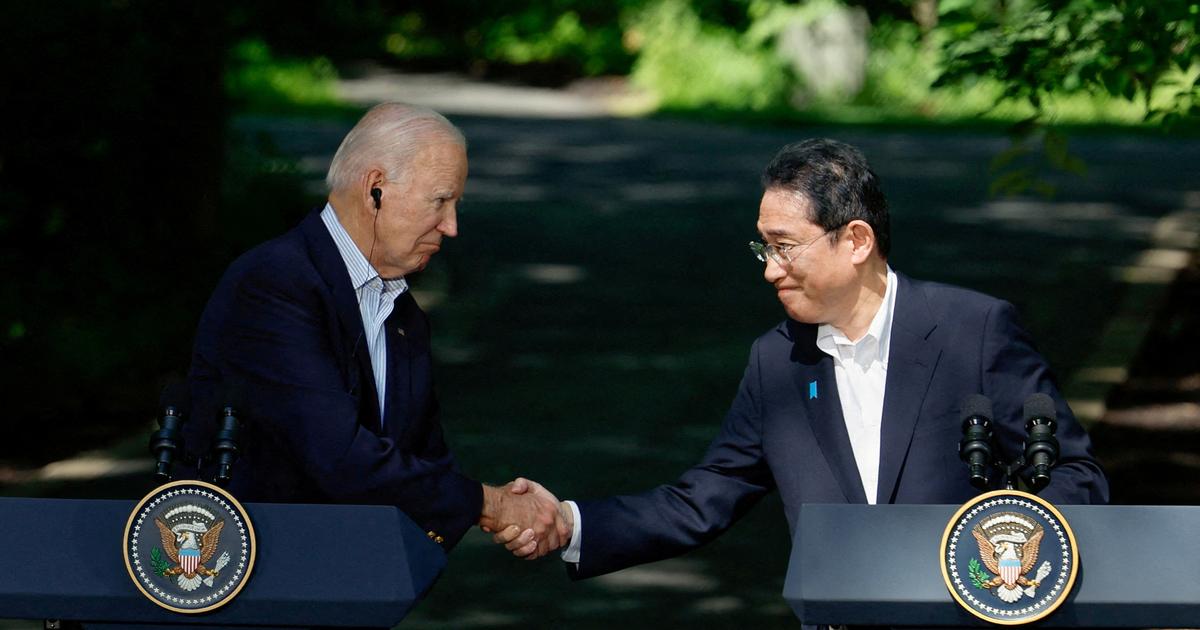Shinzo Abe's career wins and losses 2:46
(CNN Spanish) --
Shinzo Abe, the former prime minister of Japan assassinated this Friday, left a strong mark after his two stages in government and also a series of controversies, especially about the country's role in World War II and the Japan's military future.
Abe was shot while giving a speech in the city of Nara, and died of hemorrhaging.
Police captured the suspected shooter, a man in his 40s who was carrying a homemade weapon.
Who was Shinzo Abe?
For almost nine years – the longest period for a prime minister in the country – Ábe ruled Japan: first between 2006 and 2007, and then between 2012 and 2020, until his resignation due to health reasons.
During his time in government, he promoted reforms in the powerful but stagnant Japanese economy, reviewed his country's role in World War II —including the pacifist constitution— and tried to increase the country's assertiveness, confronting China, Russia and South Korea. North.
Moment when Shinzo Abe falls to the ground after being shot 1:03
This is a review of some of the main controversies that surrounded the Abe Government during those years.
advertising
Japan's role in World War II
On December 26, 2013, already in his second term as prime minister, Abe visited the controversial Yasukuni war shrine in Tokyo, generating a wave of criticism and condemnation.
Yasukuni is a Shinto shrine built in 1869 where the names of 2.4 million Japanese dead in different wars in the country are inscribed.
Among them, there are 14 war criminals convicted by the Tokyo Tribunals formed in 1946.
This shrine is considered by China, North Korea, and South Korea to be a symbol of Japan's imperial military past, which occupied large portions of these countries' territory during World War II.
Millions died.
Abe, however, said he was not seeking to glorify war, but rather to honor the dead in a shrine dedicated to various conflicts.
"I have renewed my resolve before the souls of the war dead to hold fast to the promise never to wage war again," he said at the time.
Japanese troops on Chusan Island during the Sino-Japanese War, July 14, 1939.
The reaction from China and South Korea was not long in coming.
Beijing expressed "its strongest outrage at this act, which seriously offends the Chinese people and the people of other Asian countries who were victims of World War II," in a Foreign Ministry statement.
While South Korea's Culture, Sports and Tourism Minister said he deplored and expressed anger at Abe's visit, and urged not to "beautify" his involvement in the war.
On August 14, 2015, during a speech marking the 70th anniversary of World War II, Abe expressed remorse for Japan's role in the war, but offered no apologies, saying future generations of Japanese should no longer have to apologizing.
The "comfort women"
Very early in his first government, Abe generated controversy for his claims made on March 1, 2007, that so-called "comfort women," women from conquered countries forced to work in Japanese military brothels during World War II They were not coerced.
Abre said there was no evidence of coercion of the victims or Japan's complicity.
He apologized on March 26, but the case continued to resonate.
South Korean protesters stand next to a statue of the "comfort women" who served as sex slaves for Japanese soldiers during World War II.
(Credit: JUNG YEON-JE/AFP via Getty Images)
The countries most affected by the Japanese "comfort women" program were China, South Korea and the Philippines, and it is believed that in total 200,000 women were enslaved.
In the post-war years, Japan apologized and paid compensation, but the cases continue to arise and in 1996 the United Nations published a detailed report on these events.
During his second stint in government, Abe offered his "deepest apologies and regrets" to all former "comfort women" in 2015, pushing through a deal with South Korea that included providing 1 billion yen ($8,000,000,000). 7 million) to a victim aid fund.
It was also agreed that the two countries would "refrain from criticizing and blaming each other in the international community, including the United Nations."
But activist and victim groups deemed the settlement insufficient, and in January 2021 a judge in South Korea ordered the Japanese government to pay damages to 12 South Korean sex slave victims.
The historic ruling has contributed to the tension that remains between the two countries due to these events and others during the Japanese occupation of Korea.
Japanese authorities, who consider themselves to have ended the matter with legal settlements in 1965 and 2015, criticized the ruling as "extremely regrettable" and "absolutely unacceptable", adding that the Japanese government was not subject to Korean jurisdiction. from the south.
Prime Minister of Japan offers condolences on Pearl Harbor 1:51
And while Japan has apologized to South Korea, this has not happened with China, where there is a museum dedicated to "comfort women" in the city of Nanjing, the Philippines and other countries affected by the practice.
The reform of the Constitution of Peace
From the beginning of his second term, Abe was critical of the current Constitution of Japan (also known as the Peace Constitution or pacifist) that has governed Japan since 1946 and was drafted under the US occupation after the defeat in World War II. , in an attempt to prevent further Japanese aggression.
During the conflict, Japan invaded and occupied vast parts of China, the entire Korean peninsula and several territories in Southeast Asia, and countries in the region have been concerned about Tokyo's military might ever since.
World War II Facts, Statistics, and Timeline
The postwar Constitution is famous precisely for its article 9, in which "the Japanese people forever renounce war as a sovereign right of the nation and the threat or use of force as a means of settling international disputes." .
Shinzo Abe at the controversial Yasukuni war shrine in Tokyo in 2013.
In September 2015, the upper house of Japan's parliament, controlled by the Liberal Democratic Party (LDP) - Abe's party - approved the first reinterpretation of article 9, allowing Japan to exercise collective legitimate defense, which enabled the Japan Self-Defense Forces, as the Japanese military is known, to fight abroad and defend their allies under limited conditions.
Protests and continuities
The new interpretation of article 9, which still prohibits Japan from possessing offensive weapons such as ballistic missiles and aircraft carriers, provoked protests in pacifist sectors of the population and in neighboring countries.
In June 2014, shortly after the legislation was introduced in parliament, a man set himself on fire in central Tokyo in protest at the Abe-sponsored measure, Reuters reported.
Australian Prime Minister Anthony Albanese, US President Joe Biden, Japanese Prime Minister Fumio Kishida and Indian Prime Minister Narendra Modi pose for a photo before the QUAD leaders' meeting.
(Credit: Masanori Genko/The Yomiuri Shimbun/Reuters)
That same year, the state-run
China Daily
newspaper warned that "countries in the region should be vigilant about Abe's moves, as Japan is the only Asian country that has inflicted tremendous damage on its neighbors with its military aggression before and during the Second World War".
But the Abe government did not stop there.
In March 2017, amid a wave of missile tests by North Korea, the LDP proposed an increase in Japan's military and defense capabilities, which will allow it to develop the "ability to counterattack enemy bases."
This included a proposed 2% military budget increase in 2015.
Abe then said on May 3, 2017, that his goal was to have his country's anti-war constitution revised and a new version come into effect by 2020.
That fell through and Abe resigned in September of that year.
But Japan's assertiveness has remained, and the current prime minister, Fumio Kishida, has shown concern about the growth of Russia - whose invasion of Ukraine was condemned by Japan - and China and intensified cooperation with Western allies, especially United States and Australia.
With reporting by Jessie Yeung, Jake Kwon, Yoonjung Seo, Euan McKirdy, Junko Ogura, Will Ripley, Emiko Jozuka, Blake Essig, Nectar Gan, James Griffiths, Ed Payne, and Yoko Wakatsuki.
Shinzo Abe








